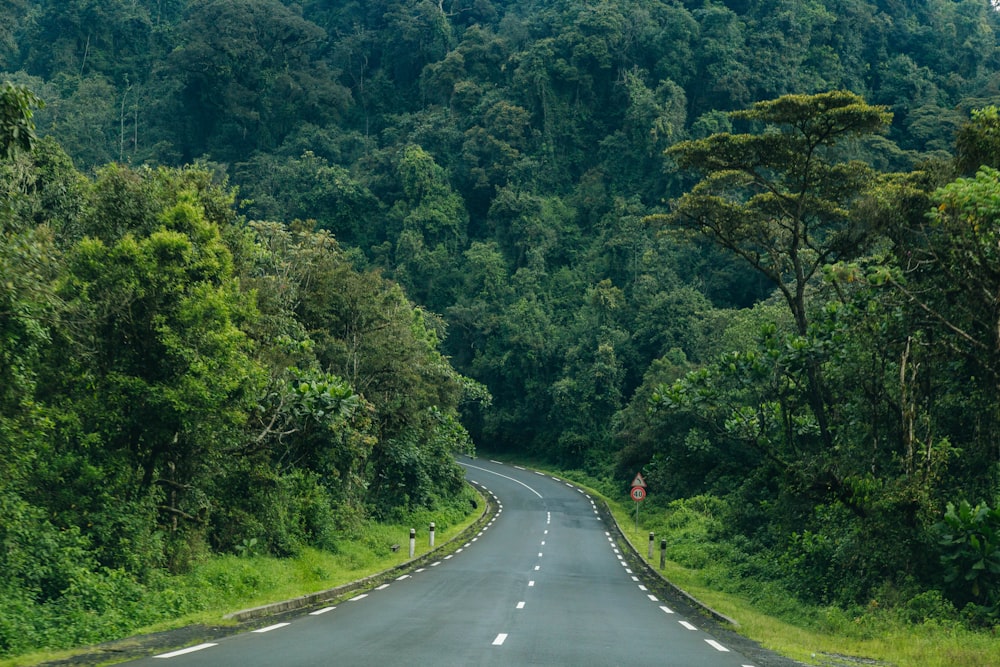
ANALYSIS Lisa Strube 10 December 2021
In Rwanda, great progress has been made in recent years, especially in the area of gender discrimination policy. When it comes to land rights, however, gender discrimination still poses a problem. If we look at Rwandan land law, we realize that land ownership was predominantly reserved for men in the past. Land was inherited within a family from father to son. Women were largely excluded from land inheritance and were usually just able to use the land but not to own.[1] Even today, women in Rwanda are prevented from accessing land ownership by numerous cultural, economic, customary and social constraints. Patriarchy as well as deeply rooted gender stereotypes are particularly prevalent in rural areas. Recent research shows that women’s ability to participate in decisions about shared marital land remains limited. Discriminatory laws, as well as land scarcity, suppress women’s land rights. In addition, widows and orphans, especially those severely affected by the genocide, have no knowledge about their land rights. [2]
Gender discrimination in relation to land is particularly visible in Rwandan inheritance law as well as in property law. Although the 2006 land reform in Rwanda was designed to address gender discrimination in relation to land distribution and land rights, the reform has some weaknesses. For instance, only the rights of women who are in a marriage registered under statutory law are protected by the new land reform. “Living in consensual unions and polygamous marriages do not confer any legal rights on women, nor do religious or traditional marriage ceremonies.”[3] However, especially in rural Rwanda, many couples are married only under traditional customary law. Across Rwanda, about one-third of marriages are not registered by the state. In case of separation or death of the spouse, this usually means that the women have no rights to the land they share. [4]
82% of women in Rwanda work in the agricultural sector to feed themselves and their families. Access to land is therefore very important for women. The exclusion of women from owning their own land has many negative impacts on their lives. Owning land is the foundation of a secure life and has an impact on many different areas of women’s lives. Women without access to land are more vulnerable to poverty. Poverty creates a vicious circle that can hardly be broken, which affects health through malnutrition and also has an impact on the development and education of children. Another problem is that existing patriarchal structures force women into a traditional role model. As a result, they are often uninformed about their own rights and have too little self-confidence to participate in communal decision-making processes in the area of land policy.
In Rwanda, gender equality is already mentioned in the constitution in the preamble. It notes that equality between men and women must be granted in all their rights. In addition, the Constitution refers to the Convention on the Elimination of All Forms of Discrimination against Women, which Rwanda has ratified. Rwanda is also obliged to ensure equality between men and women by ratifying the International Covenant on Economic, Social and Cultural Rights. Article 3 of this Covenant reads as follows: “The States Parties to the present Covenant undertake to ensure equality of rights between men and women in the enjoyment of the economic, social and cultural rights set forth in the present Covenant.”
By ratifying these conventions, Rwanda has committed to granting equality between men and women at all levels. An important step would therefore to change the laws that still discriminate women in access to land ownership.
Lisa Strube is a former student assistant at the Chair of African Legal Studies at the University of Bayreuth. At the moment she is persuing her Master degree of Human Rights Studies at the University of Fulda.
[1] S., Mwendwa Mechta et. Al (2016), p. 9.
[2] E., Cangelosi; S., Pallas (2014), p. 15.
[3] J., Bayisenge; S., Höjer; M., Espling (2015), p. 75.
[4] J., Bayisenge; S., Höjer; M., Espling (2015), p. 75.
One reply on “Women and their Access to Land – Gender Discrimination in Rwanda’s Land Law”
[…] [19] Lisa Strube, “Women and their Access to Land–Gender Discrimination in Rwanda’s Land Law,” africanlegalstudies.blog, University of Bayreuth, 10 Dec. 2021, https://africanlegalstudies.blog/2021/12/10/women-and-their-access-to-land-gender-discrimination-in-…. […]